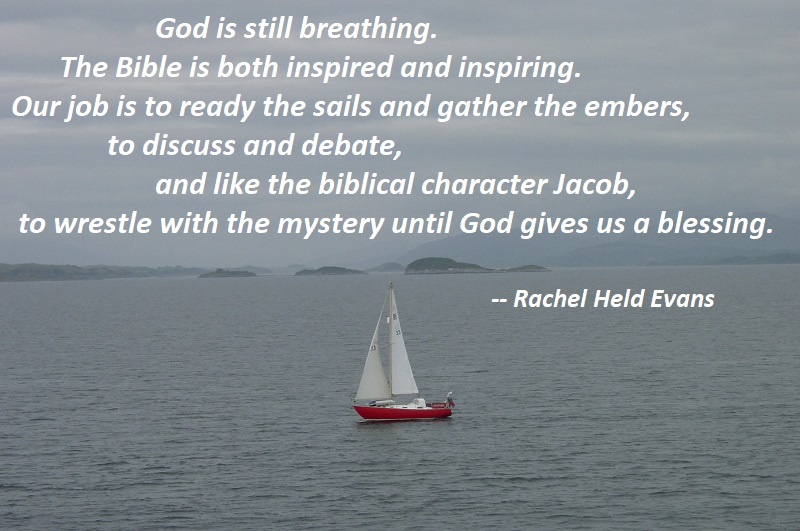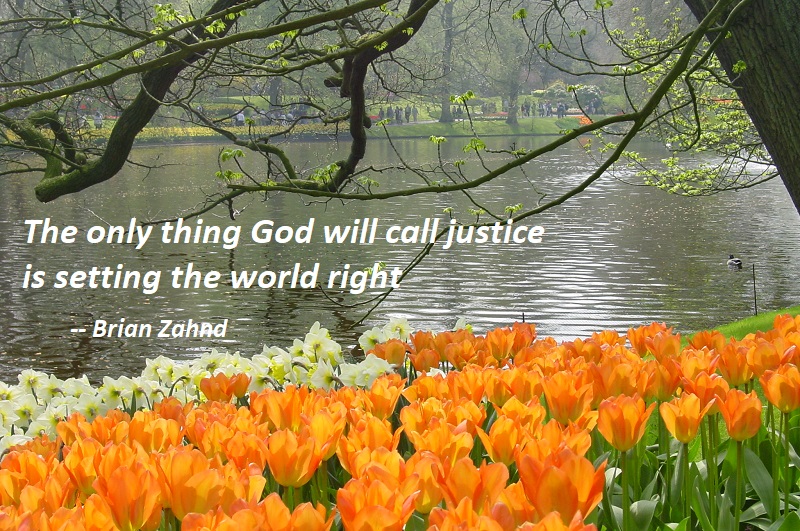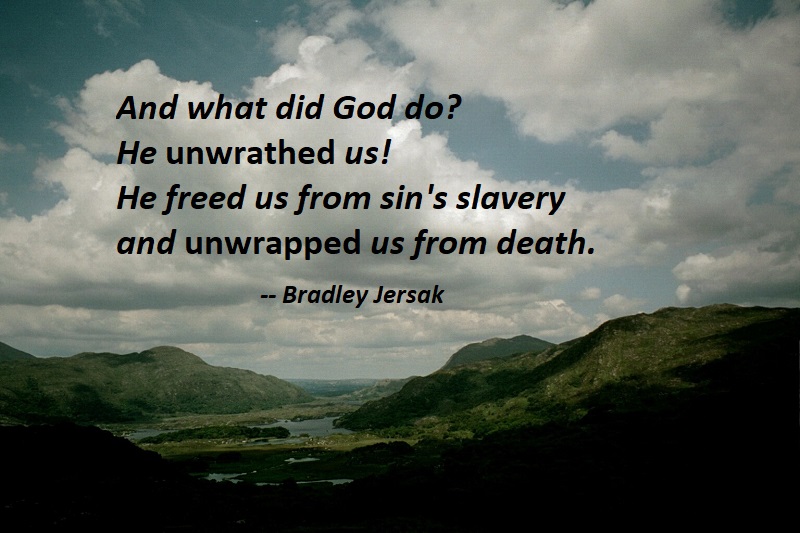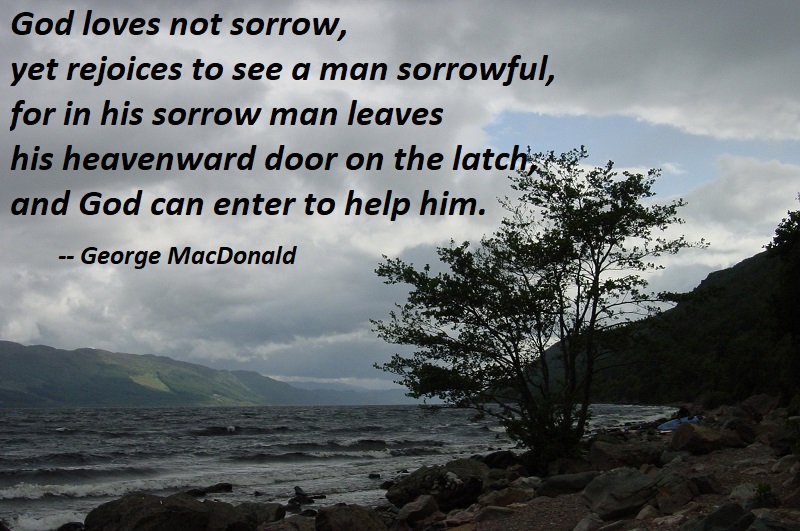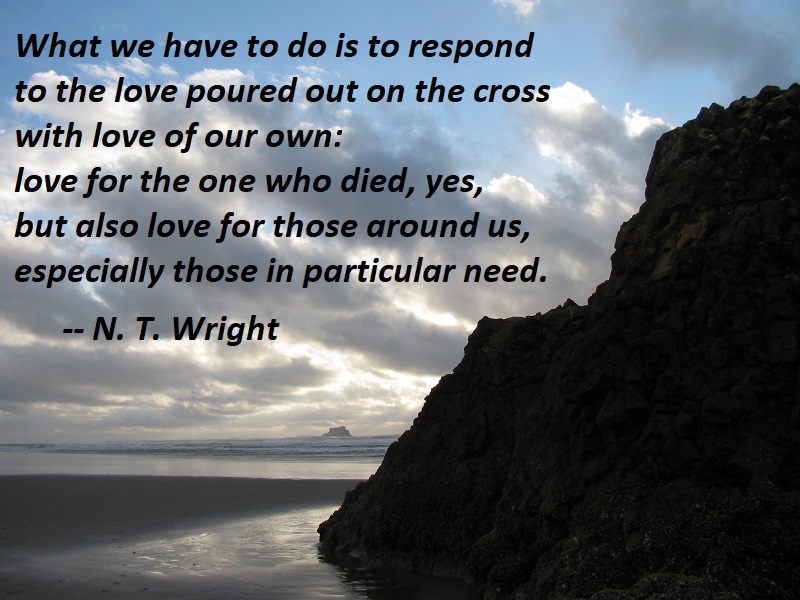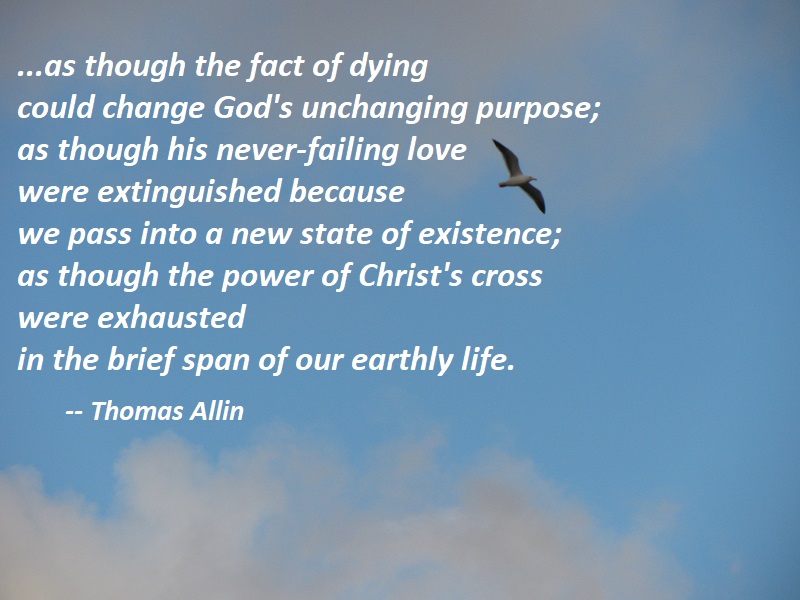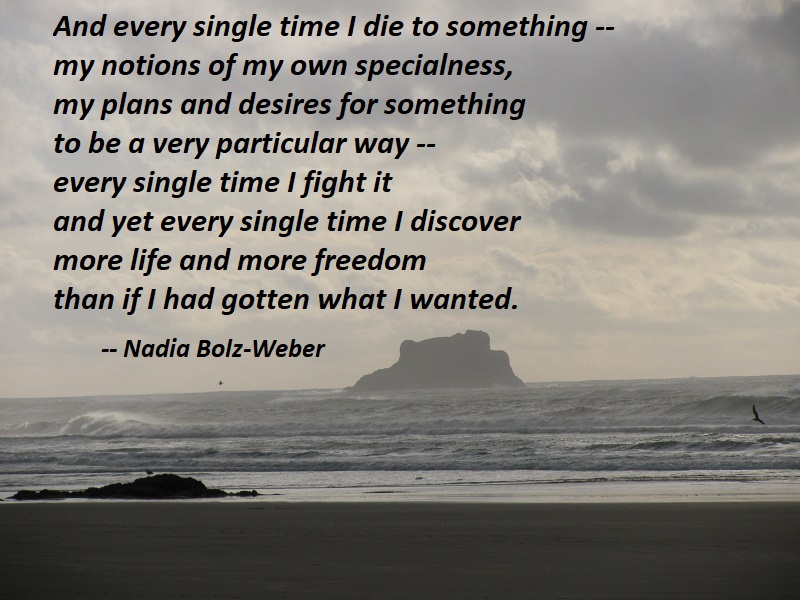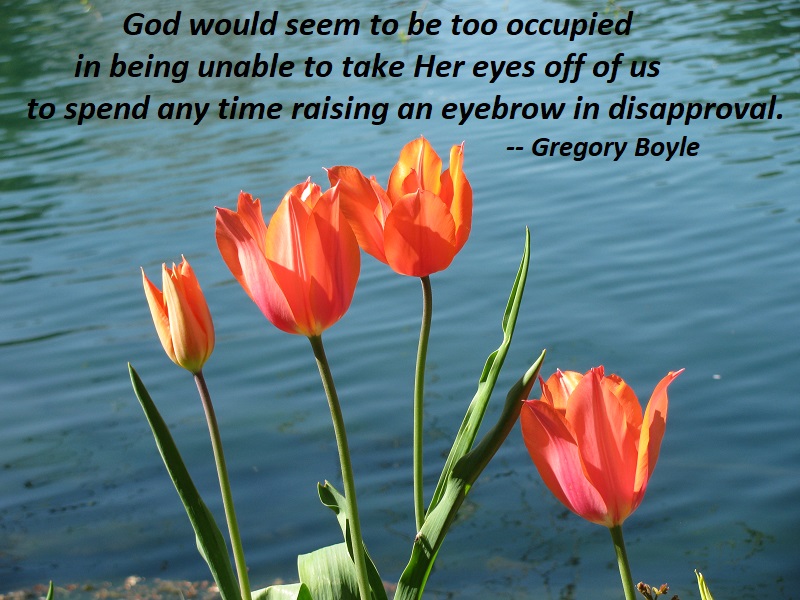Inspiration
Inspiration is better than magic, for as any artist will tell you, true inspiration comes not to the lucky or the charmed but to the faithful — to the writer who shows up at her keyboard each morning, even when she’s far too tired, to the guitarist whose fingers bleed after hours of practice, to the dancer who must first learn the traditional steps before she can freestyle with integrity. Inspiration is not about some disembodied ethereal voice dictating words or notes to a catatonic host. It’s a collaborative process, a holy give-and-take, a partnership between Creator and creator.
While Christians believe the Bible to be uniquely revelatory and authoritative to the faith, we have no reason to think its many authors were exempt from the mistakes, edits, rewrites, and dry spells of everyday creative work. Nor should we, as readers, expect every encounter with the text to leave us happily awestruck and enlightened. Inspiration, on both the giving and receiving end, takes practice and patience. It means showing up even when you don’t feel like it, even when it seems as if no one else is there. It means waiting for wind to stir.
God is still breathing. The Bible is both inspired and inspiring. Our job is to ready the sails and gather the embers, to discuss and debate, and like the biblical character Jacob, to wrestle with the mystery until God gives us a blessing.
If you’re curious, you will never leave the text without learning something new. If you’re persistent, you just might leave inspired.
— Rachel Held Evans, Inspired, p. xxiii-xxiv
[Photo: From ferry to the Isle of Mull, Scotland, July 12, 2003]
